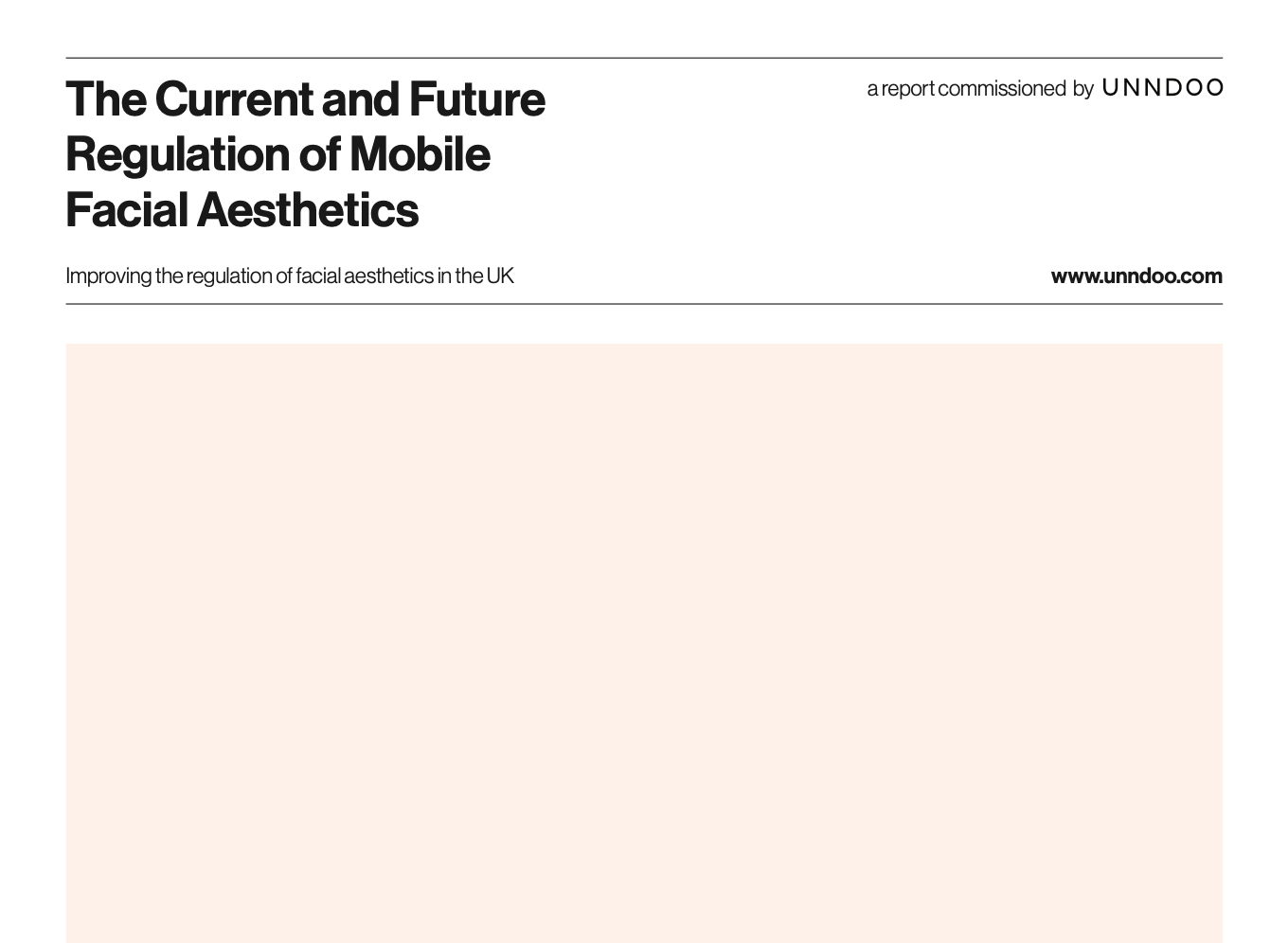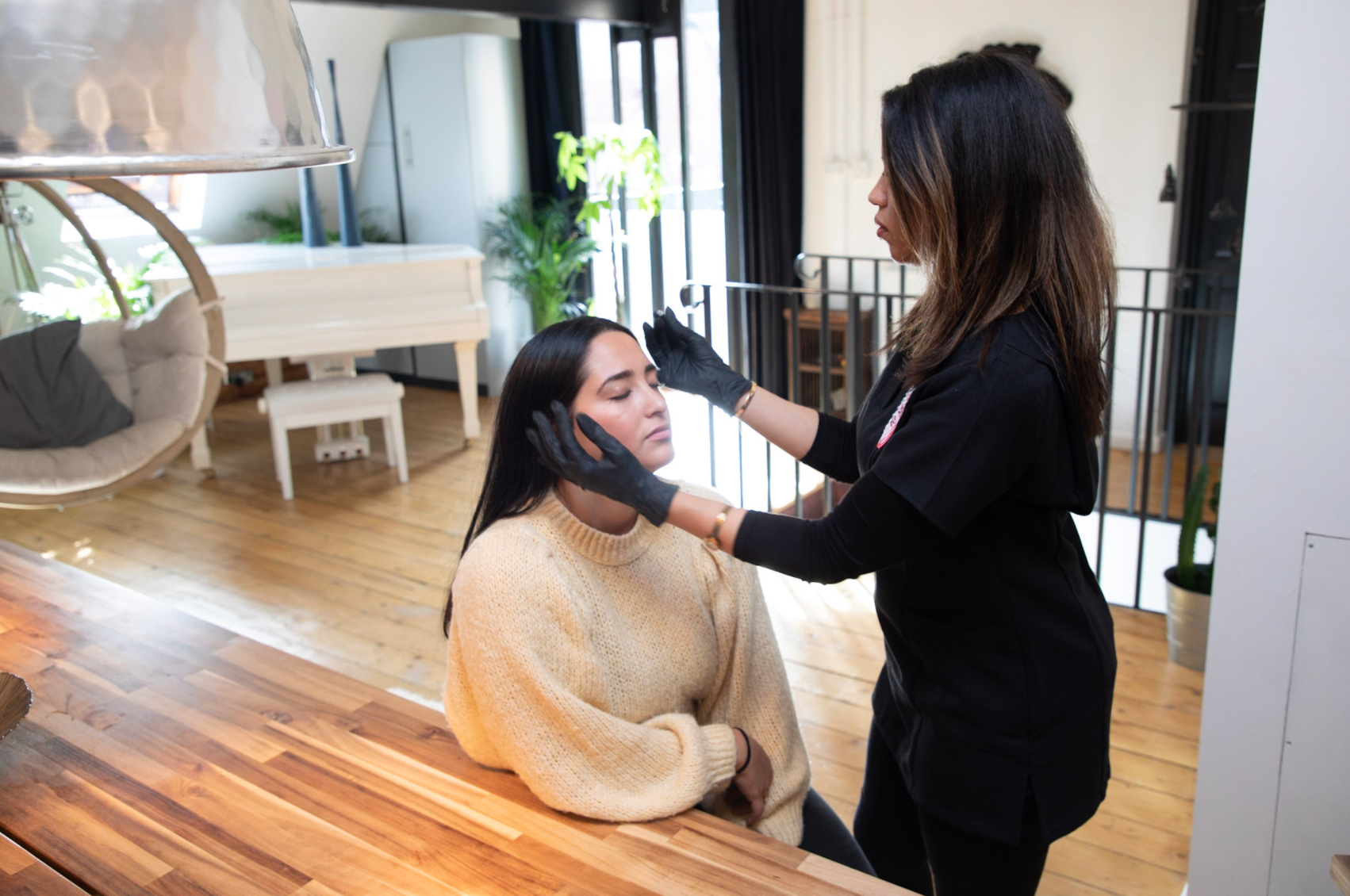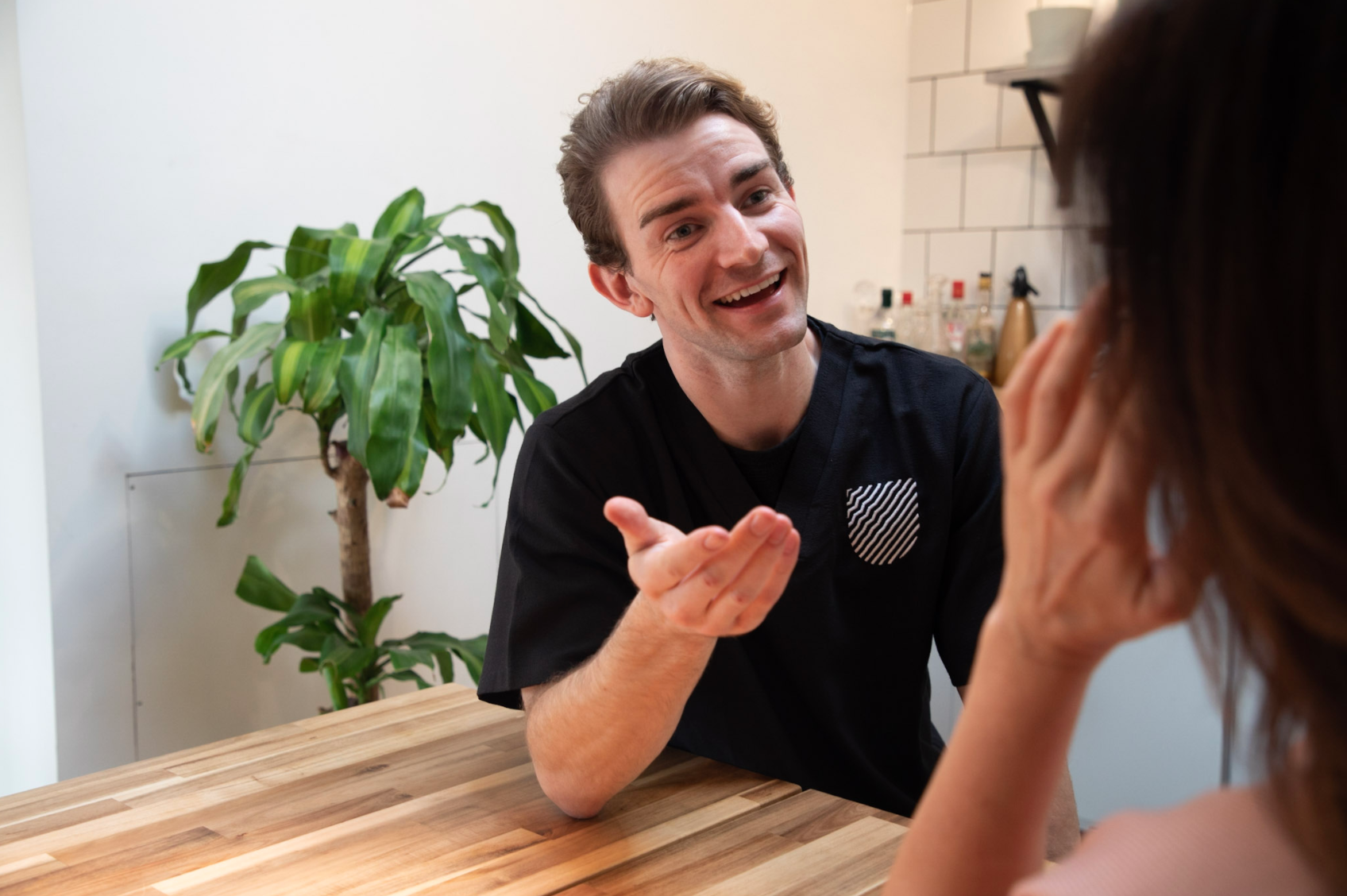
6 Ways UNNDOO Are Going Beyond The Regulations
We all know that there are a number of people offering Botox® treatments but how do you know that they have the right qualifications and experience to treat you? It’s a major concern and the government have proposed to update these regulations but unfortunately, these are still in review and there are still unqualified practitioners out there injecting.
Along with this, the government have proposed a number of other regulatory changes but again these are just recommendations. However, for us we didn’t want to wait for these changes to happen, we’ve decided to turn those recommendations into reality and have structured our entire operations to make sure our customers receive the highest quality medical treatment available.
The Governments, ‘Review of the Regulation of Cosmetic Interventions’ can be found here.
The recommendations included the following:
1) Aesthetic injectables should only ever be administered by medical professionals – the current regulatory framework places no restrictions on who may perform nonsurgical cosmetic procedures. No qualifications are required to carry out these procedures and, in the absence of accredited training courses, anyone can set up a training course purporting to offer a qualification.
UNNDOO solves this by only having qualified medical professionals on our platform, that can prescribe Botox® and also administer it. This ensures efficiency in terms of operations as one individual can do both roles but also goes above and beyond the medical standard. (See ‘Our Practitioners’ section for more details). Additionally, as qualified medical professionals, they have training in physiology, anatomy, infection control, medical emergencies and an understanding of any existing premedical conditions, therefore, our practitioners are able to recognise and treat any complications that may arise.
2) Skilled & responsible practitioners – No procedure can ever be risk-free, but the risk can be considerably reduced with a skilled and experienced practitioner. People need to be able to identify and choose a practitioner with the appropriate qualifications and be able to ascertain in advance, their skills and experience in performing a given procedure.
UNNDOO solves this by vetting all practitioners that want to be a part of the platform by reviewing the following documents:
- Registration with their professional body e.g. GMC/GDC etc
- Degree certificate
- Certification from aesthetics course
- Cosmetic indemnity
- DBS certificate
- Proof of eligibility to work in the UK
- Portfolio of previous cases, with a minimum of 4 years’ experience
These are reviewed before they are onboarded on to the platform. Additionally, customers will be able to see the practitioner’s bio and treatment portfolio before they proceed with their consultation and treatment. Our customers have the choice of who to choose.
3) The procedure may not fulfil the customer’s expectations.
UNNDOO solves this by ensuring every customer is given a full consultation beforehand to discuss their needs and expectations. It also allows the practitioners to assess the mental health of the patient and deem if the patient is suitable for treatment, giving the customer all the information, they need, benefits, risks, limitations, next steps and aftercare.
4) Obtaining consent is of the utmost importance – customers considering cosmetic surgical procedures have a natural tendency to focus on the outcome and unless guided may not pay enough attention to limitations and risks. Obtaining valid consent is one of the practitioner’s principles of duty of care. When the risks of surgery are discussed patients should be alerted to the risks of medical complications and also the possibility of an unsatisfactory aesthetic outcome.
UNNDOO solves this as the practitioner will explain the risks and benefits of the procedure which is also listed on the consent form. This consent form is then signed by the customer and practitioner once they are both happy with what has been discussed.
5) Practitioners have an obligation to ensure that the customer has adequate time to consider their decision before proceeding. This important recommendation is made to encourage a period of reflection during which the patient has the opportunity to consider the full implications of the treatment.
UNNDOO solves this by giving customers 14 days to book a treatment after their consultation. This period allows them to fully think about the potential risks and ask any further questions. Ultimately, we want to ensure customers feel safe, comfortable and have the necessary information before making a decision. Our booking system has been specifically designed to ensure they have the choice of when to book or to decline treatment.
6) Concerns regarding continuity and complications are not always resolved. The extent to which complications of surgery are managed and patients are provided with continuity of care varies and is dependent on the practitioner and the provider. Some will deal with certain complications without further costs, others may charge additional fees, and there have been examples of others who either refuse to help or are unable to due to lack of expertise. In these cases, the NHS often acts as the ‘safety net’, picking up where private providers have failed to offer safe and on-going care.
UNNDOO solves this by providing our customers with an optional ‘review/tweak appointment,’ meaning that customers have the option to book an additional appointment with their practitioner to discuss any concerns, complications and even administer a ‘tweak’ to give the customer their desired look. All of our practitioners strongly advise customers to book a review appointment as they feel that this is an important part of the customer journey. This ensures that the customer is completely satisfied with their treatment and the burden does not fall on the NHS.
We exist not only to give you the best possible aesthetics treatment but also to protect the industry we love and care about.
To book a consultation or a treatment with a medically qualified practitioner, click here.




